Leading in creating solutions for a just and sustainable world
At Lassonde, we’re redefining the future through bold innovation and collaborative spirit. Our mission is to tackle complex challenges as a team by harnessing diverse perspectives and expertise to develop solutions that will shape a more equitable, sustainable and just world.
From 2023-24, we undertook ambitious projects aimed at solving pressing issues across diverse sectors. In healthcare, our researchers are advancing early disease detection and treatment through cutting-edge wearable biomedical devices and optical imaging methods for heart attack prevention.
Environmental sustainability is another key focus, with projects addressing severe flood risk in urban areas and atmospheric pollution. Our researchers are at the forefront of innovation, recently receiving the inaugural Hydrogen Innovation Fund to support the development of green hydrogen plants in Ontario. We also launched a new NSERC CREATE program focused on training the next generation of leading researchers who will address the effects of geomagnetic disturbances on technology and society.
Marking a significant milestone in Lassonde’s research journey, we contributed an essential scientific instrument to NASA’s OSIRIS-REX – the first US-led space mission to successfully return an asteroid sample to earth. We’re also making strides in space science and engineering through advancements in satellite positioning systems, technologies for 3D printing in space and space surveillance tools.
Our efforts are aligned with the United Nations’ Sustainable Development Goals (UN SDGs), driving impactful research and pioneering solutions to tackle some of the world’s most urgent challenges.
Explore how Lassonde is creating solutions for a more just and sustainable world.
“LAB-HA’s mission is to develop wearable biomedical devices for early detection of burdensome diseases. Our work applies all kinds of scientific methods in a multidisciplinary approach to disease diagnostics. We have chemists and computer scientists working alongside electrical, software, computer and mechanical engineers.”
– Professor Razieh Salahandish, from the article The future of disease diagnostics lives at Lassonde (UN SDG 3)Fast Facts Stats
Key Highlights
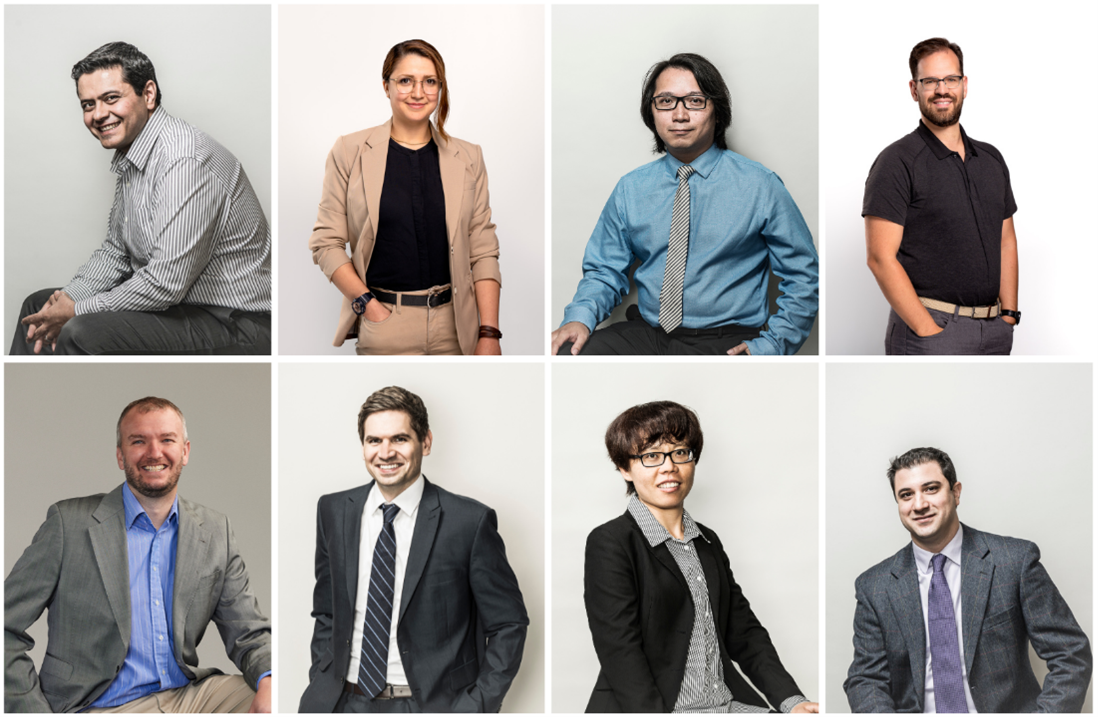
Eight Lassonde faculty members unite in a $1.5M NSERC-funded initiative to elevate critical mineral research
Canada’s rich deposits of critical minerals, such as copper, nickel and lithium are crucial for advancing a sustainable green economy, from electric vehicles to solar panels. Leading the charge to optimize the extraction and detection of these minerals is Pouya Rezai, associate professor in Mechanical Engineering. His $1.5M project, supported by the Natural Sciences and Engineering Council of Canada (NSERC), involves a multidisciplinary team of experts and aims to develop advanced technologies for isolating lithium from electronic waste and other sources. This initiative represents a significant step toward not only improving lithium supply chains but also laying the groundwork for future technologies in material detection.
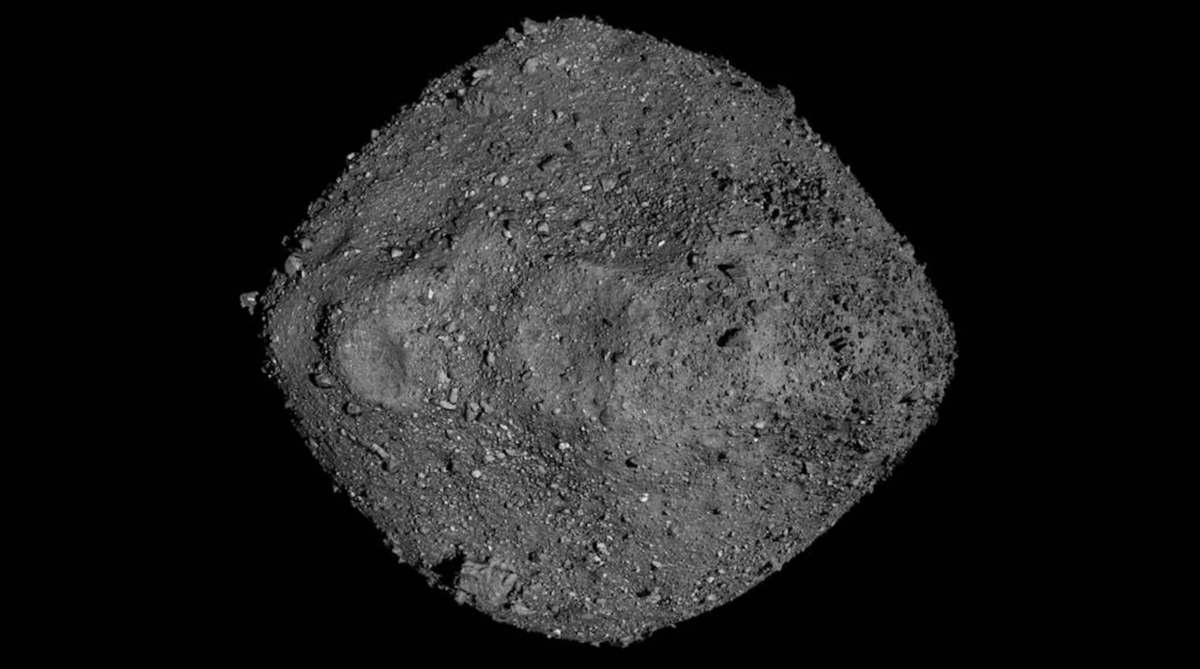
Asteroid now most surveyed in solar system, thanks to a Canadian laser instrument
Through a project led by Professor Michael Daly and his team at Lassonde’s Centre for Research in Earth & Space Science (CRESS), the School has made its mark on space exploration history by contributing a crucial scientific instrument to NASA’s OSIRIS-REX. With support from the Canadian Space Agency and Teledyne Optech, the team developed the OSIRIS-REx Laser Altimeter (OLA), which was essential for navigating and analyzing the asteroid. This historic endeavour underscores Lassonde’s commitment to advancing space science and inspiring the next generation of researchers.
Stories

Shape matters: Research at Lassonde explores how microplastic transport is impacted by varying shape
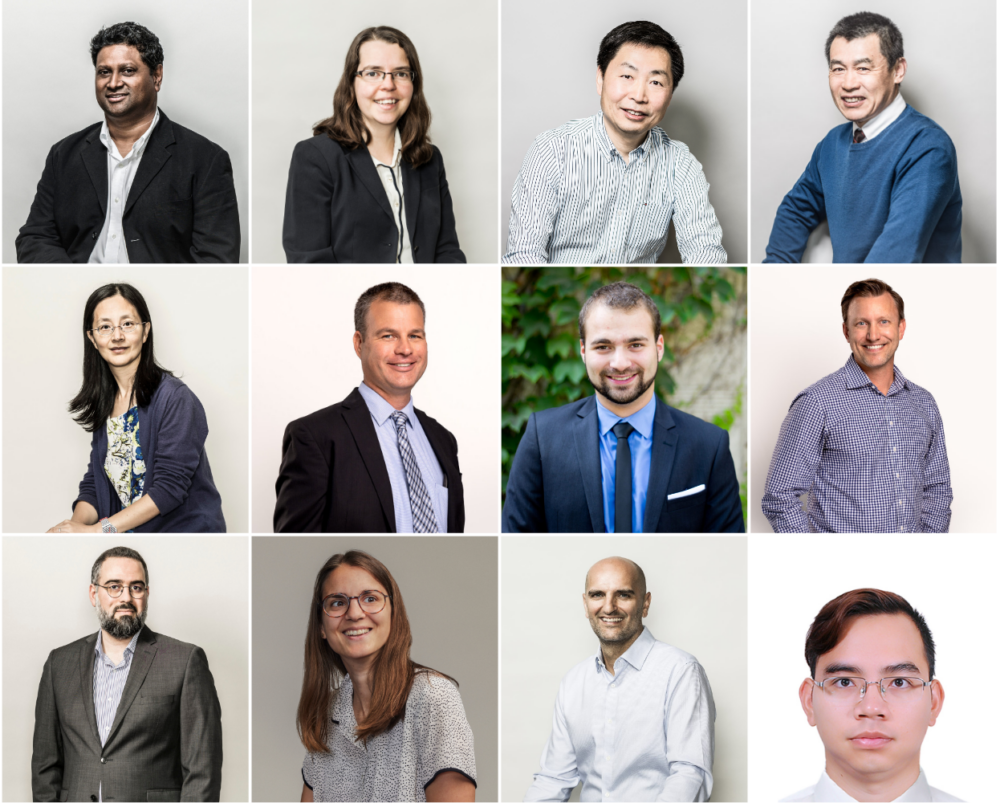
NSERC Supports Lassonde Researchers Driving Global Solutions

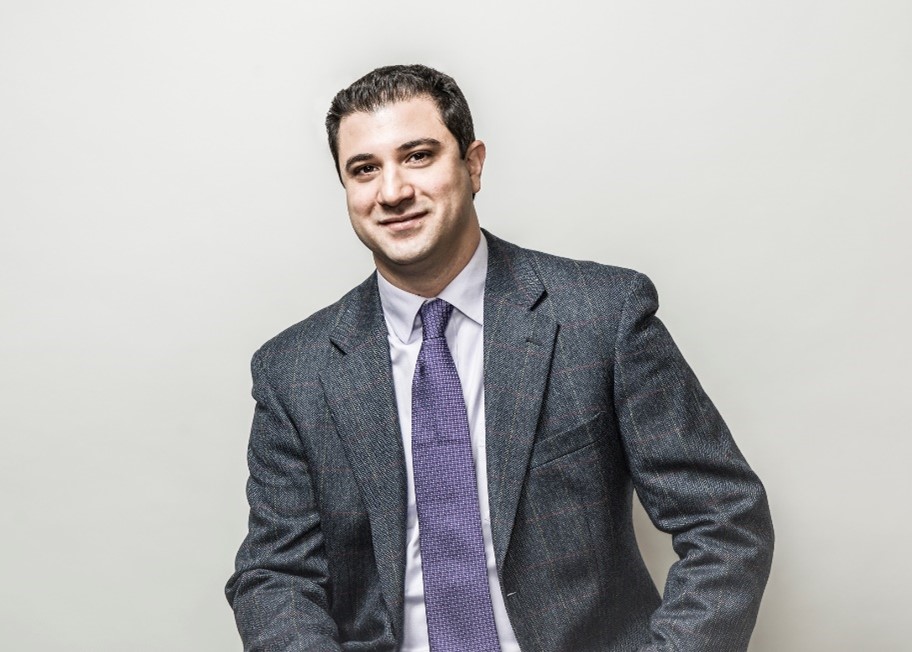
Lassonde professor explores optical imaging method for heart attack prevention


Celebrating International Women in Engineering Day: Lassonde post-doctoral fellow pioneers eco-friendly concrete formula


Celebrating International Women in Engineering Day: Lassonde professor advances forest research with new grants


Eight Lassonde faculty members unite in a $1.5M NSERC-funded initiative to elevate critical mineral research


Advancing Ethical AI in Medicine: Lassonde Researcher Supported by Google

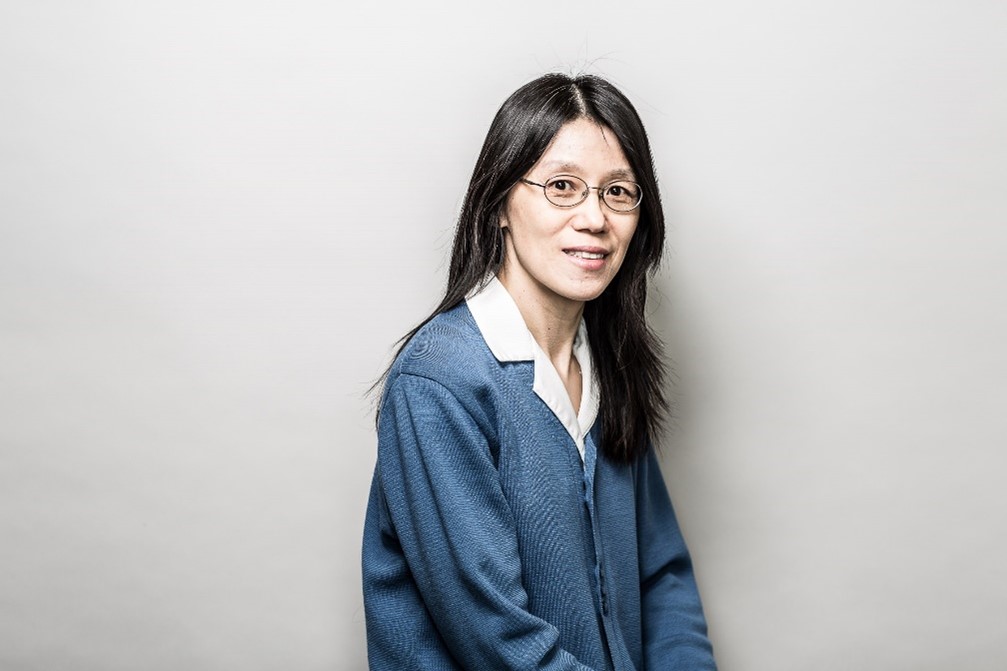
Researcher Spotlight: Professor Aijun An’s algorithm for success begins with strategic partnerships


Extreme space weather and geomagnetic storms can disrupt power systems, $1.65M NSERC-CREATE grant aims to fix it

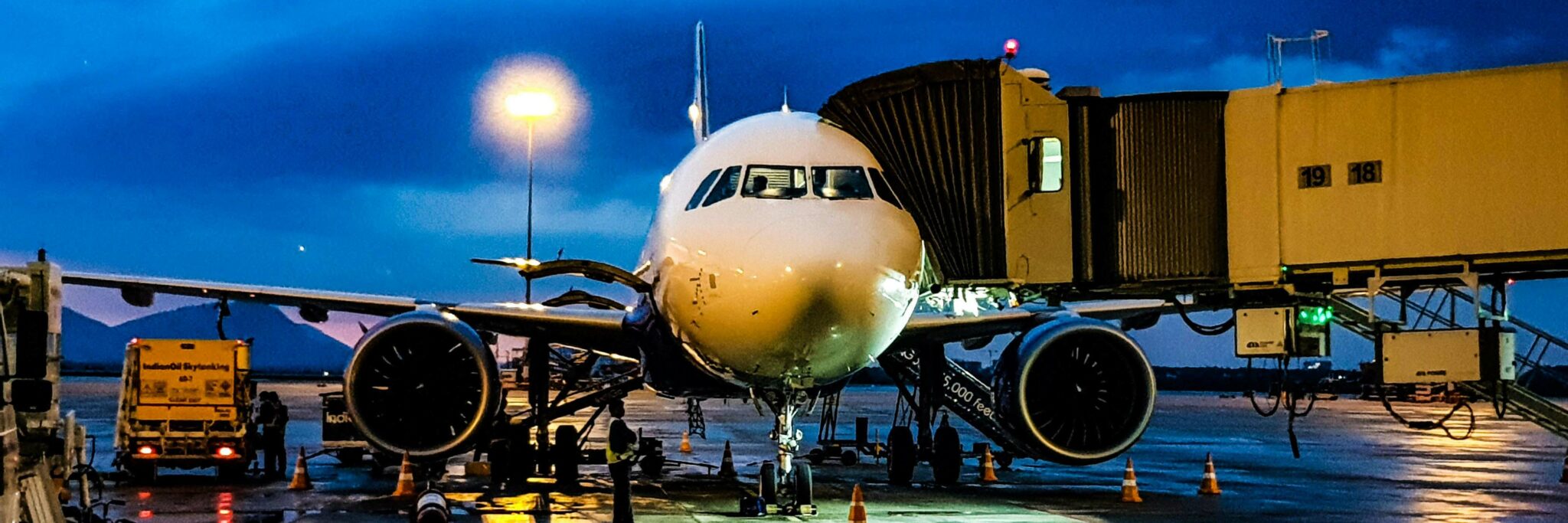
York-led research team invents sustainable de-icing solution


Researcher Spotlight: Professor George Zhu shoots for the stars with pioneering space research
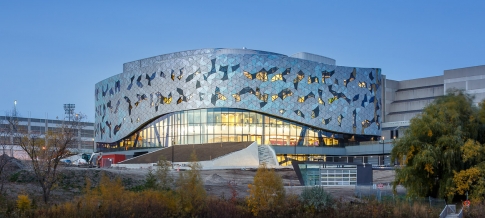
Lassonde researchers among recipients of York’s $3.1M provincial funding
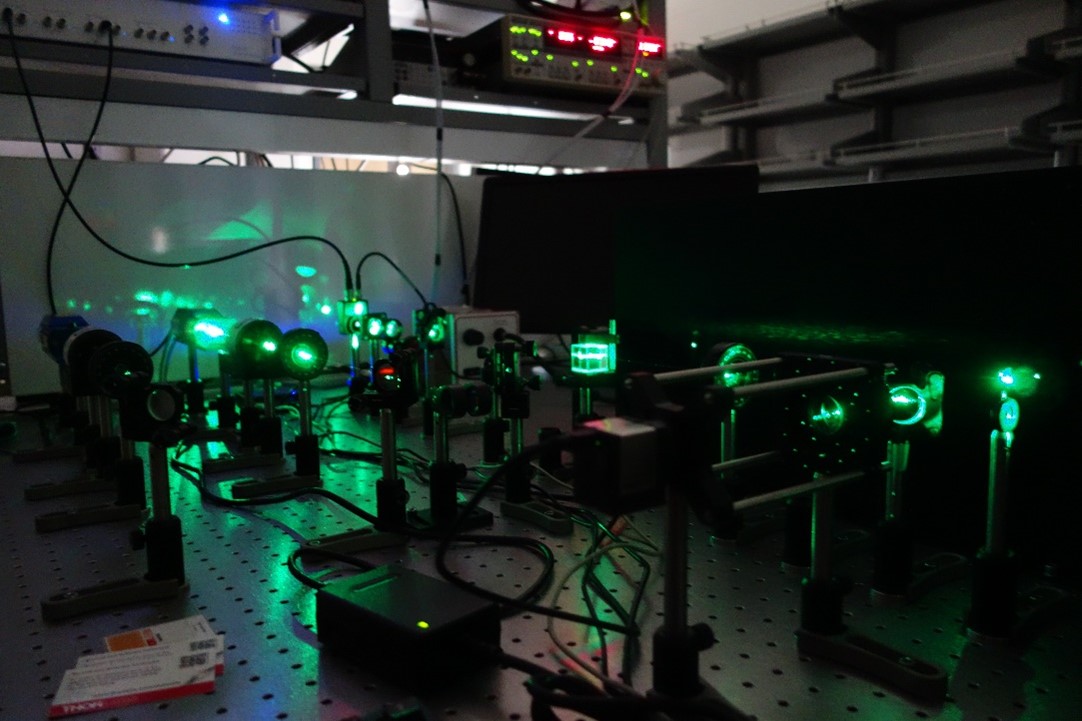
Lassonde researcher uncovers unique thermal properties in rhenium-based materials
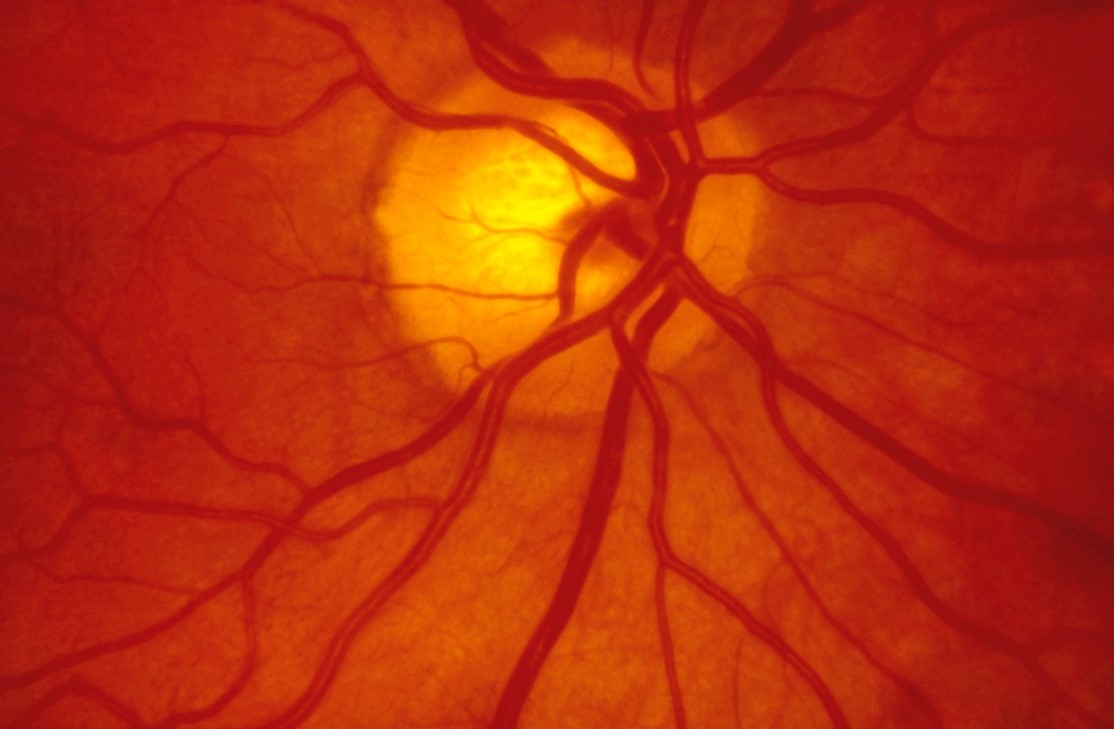
Decoding the eye: Lassonde research helps unravel the complexities of our visual system

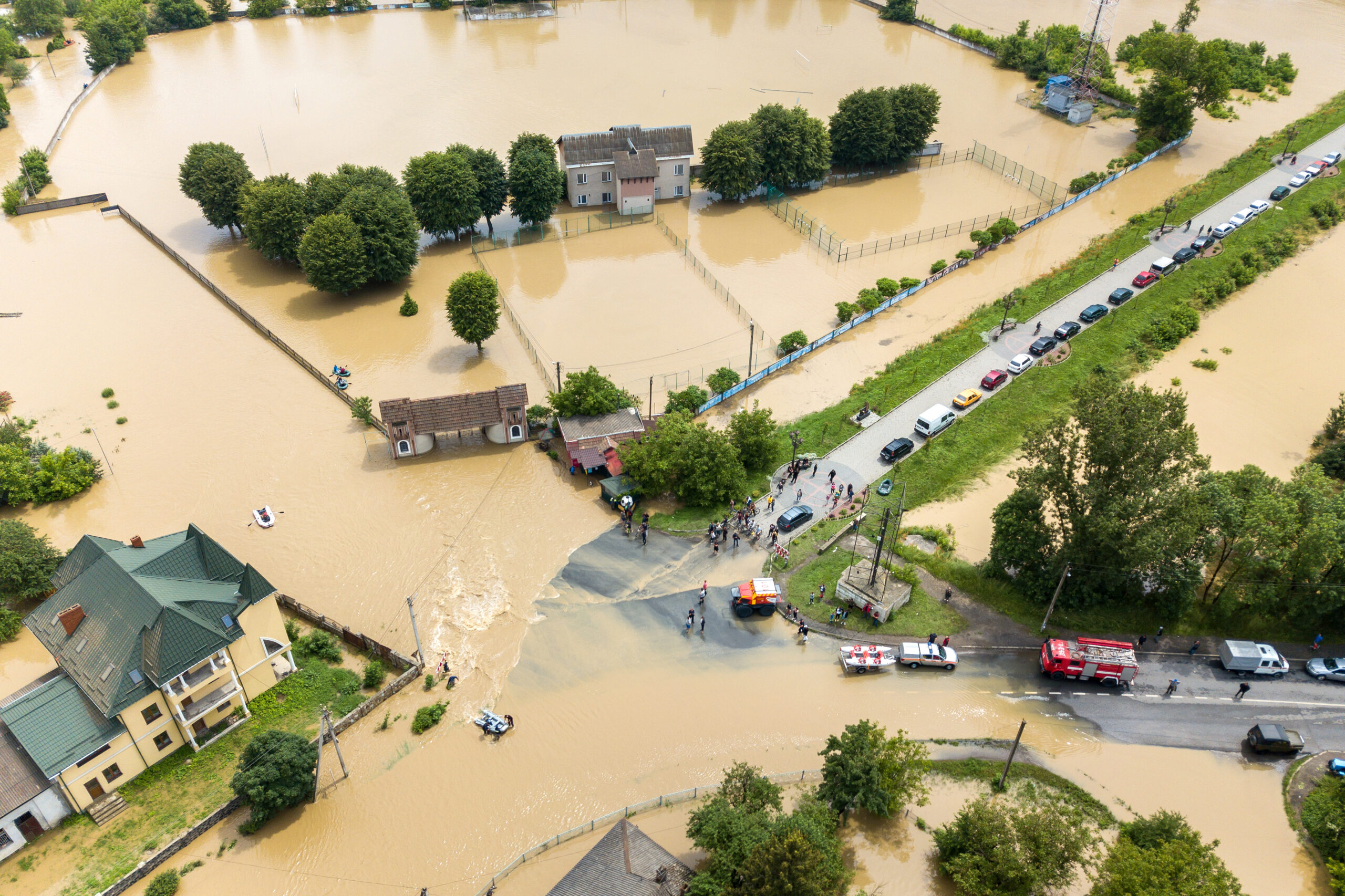
Machine learning makes waves: Novel model helps advance flood risk management research

Lassonde research boosts accuracy of GPS positioning in smartphones

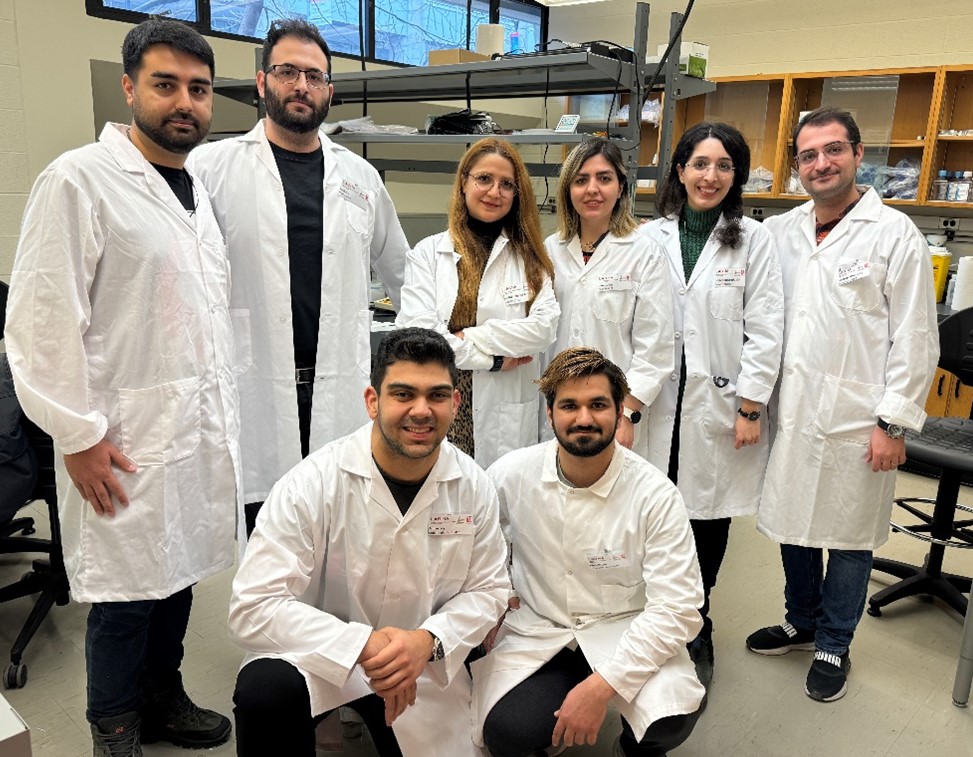
The future of disease diagnostics lives at Lassonde

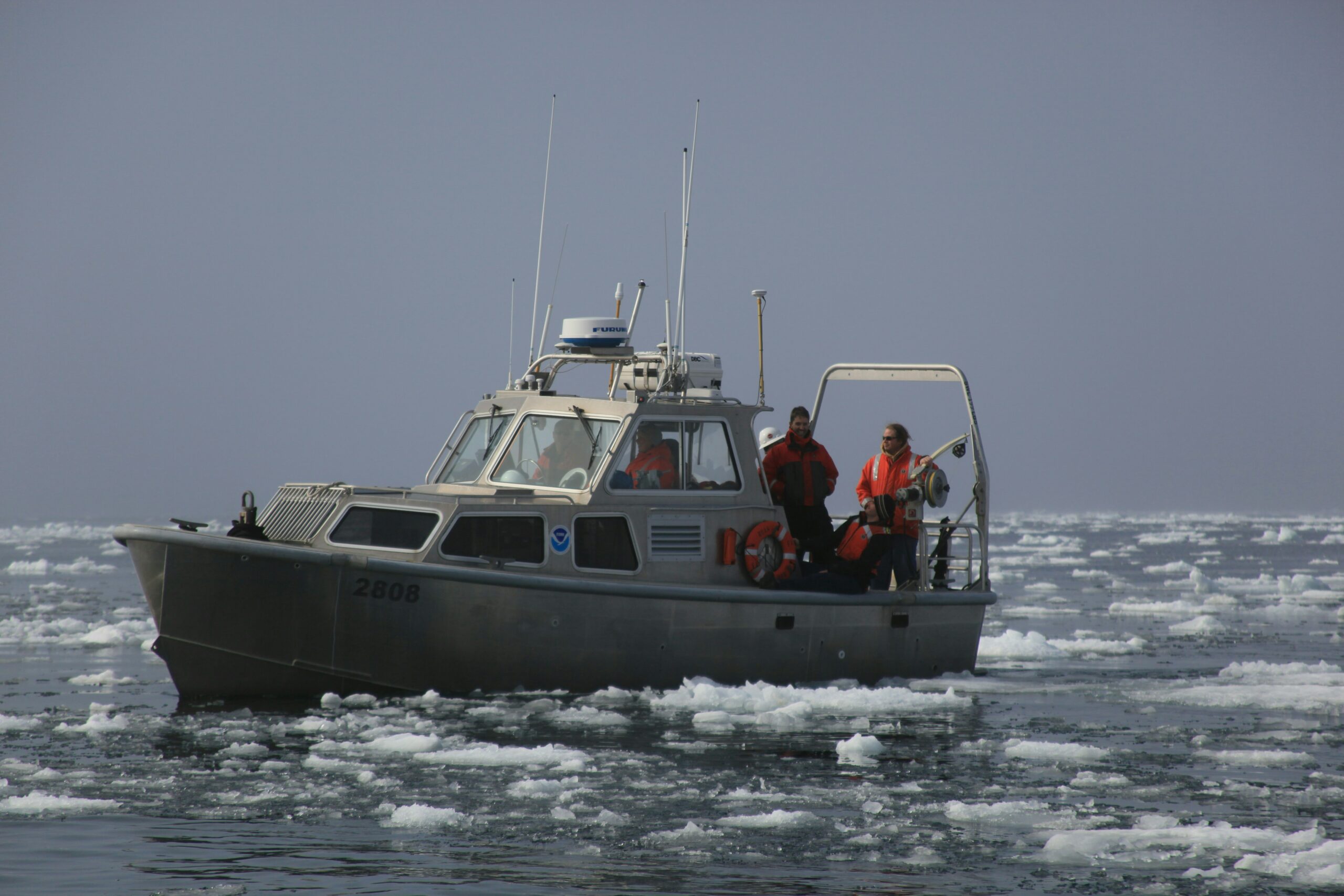
After decades of Arctic sea ice getting faster and more hazardous for transport, models suggest a dramatic reversal is coming, York U study finds

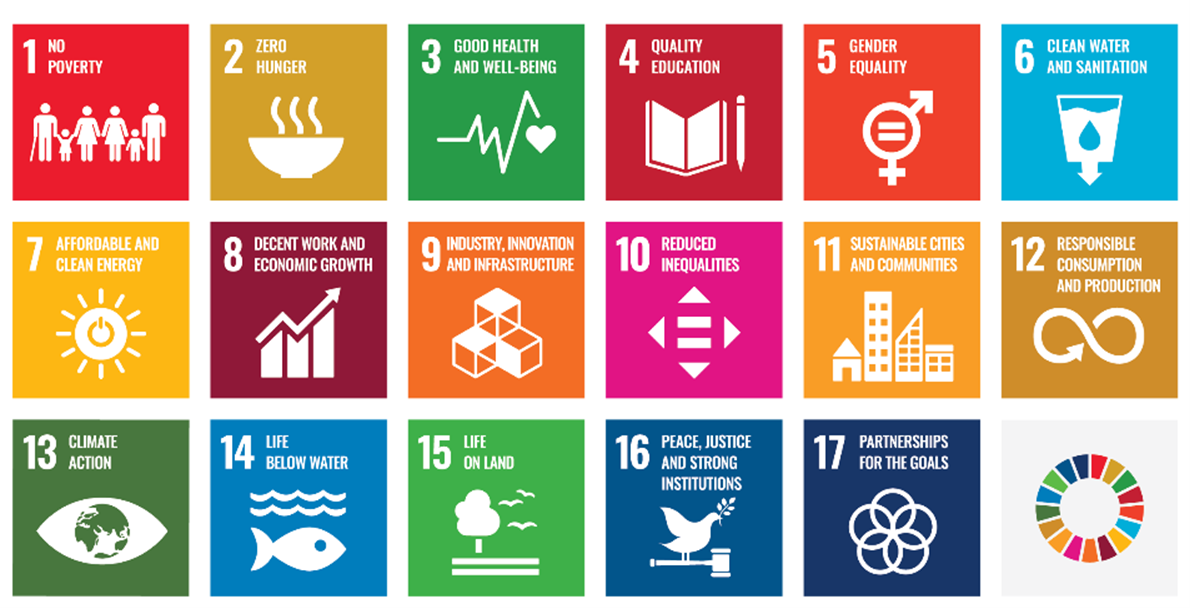
Lassonde is tackling the world’s greatest challenges – one SDG at a time

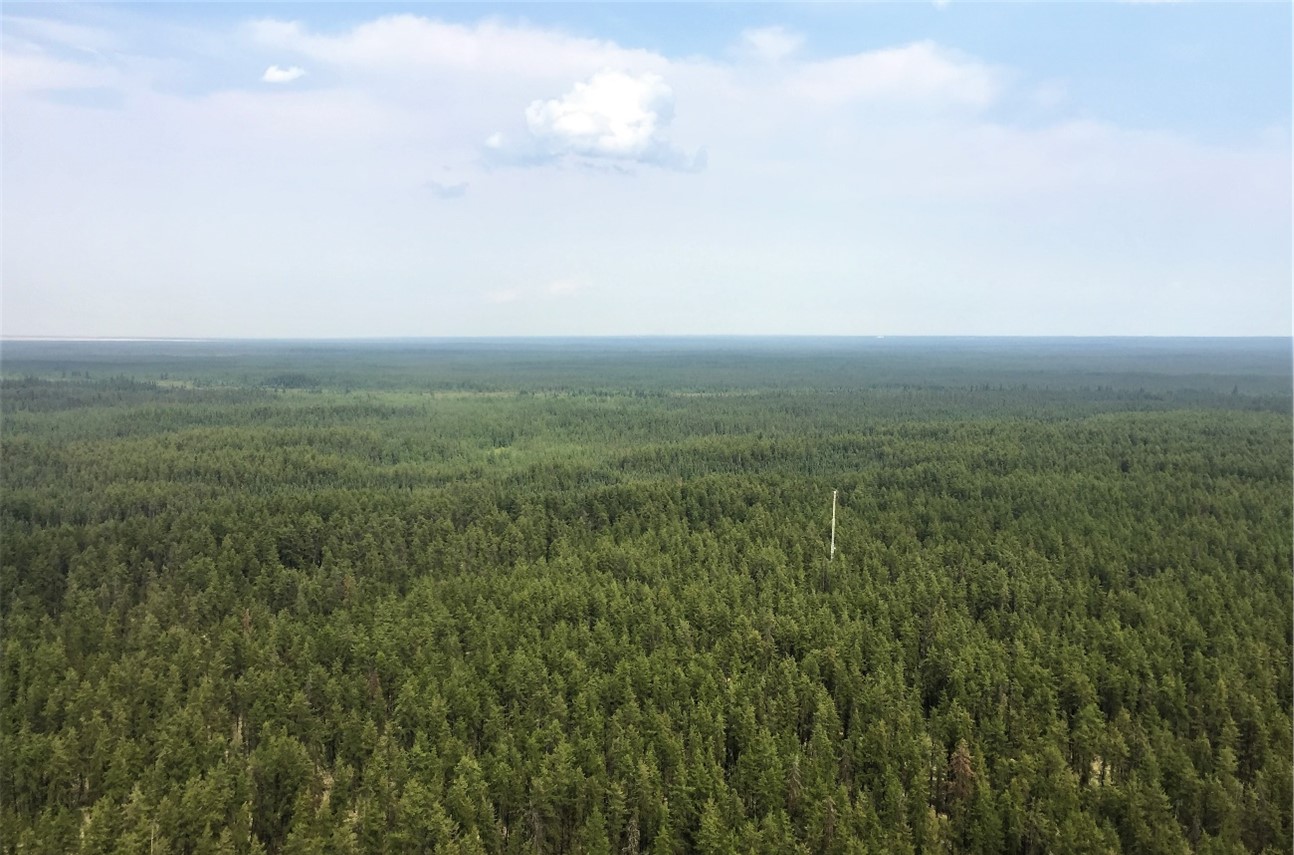
Five years of forest fieldwork helps advance air quality model research

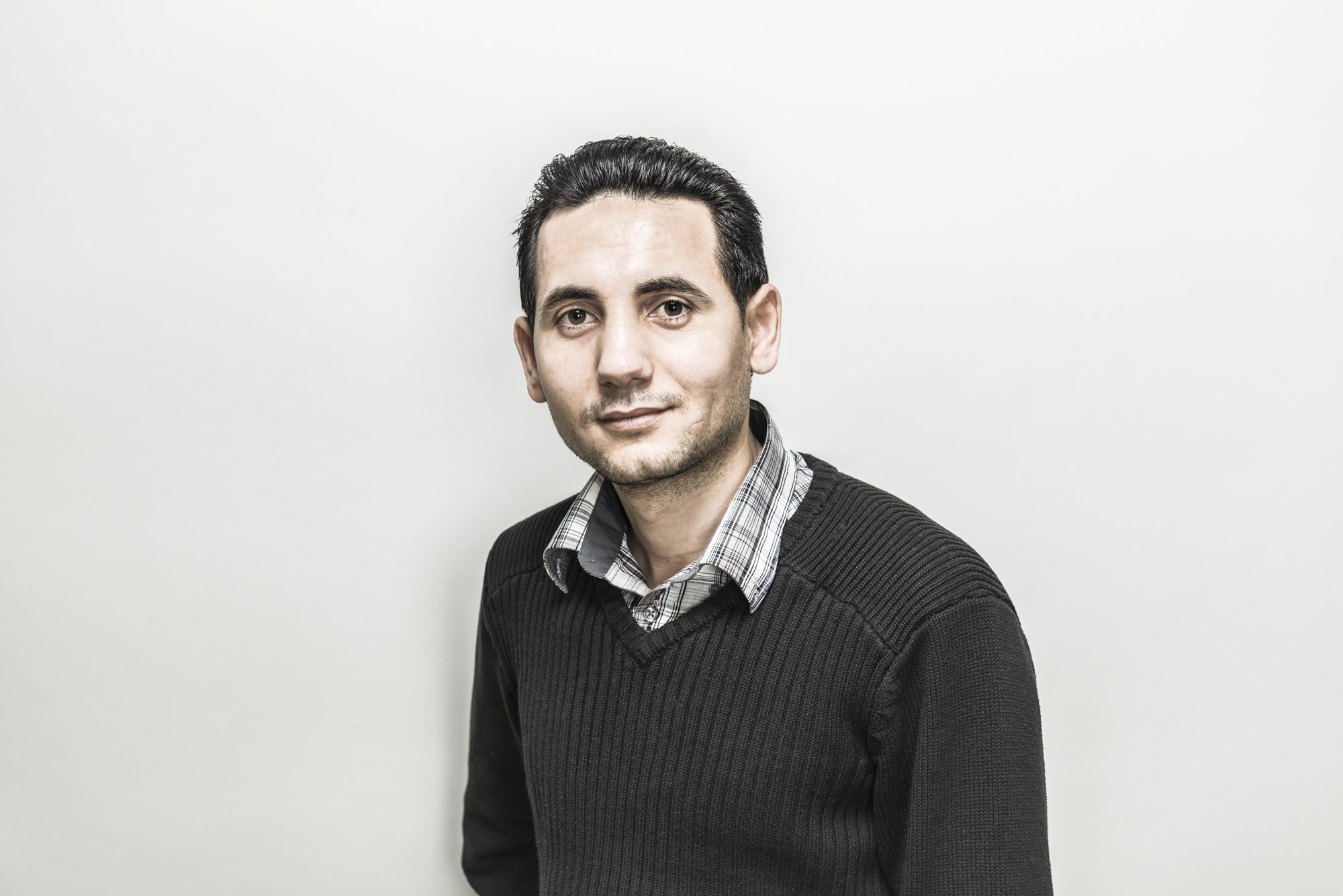
Lassonde researcher receives provincial funding to revamp Ontario’s energy system
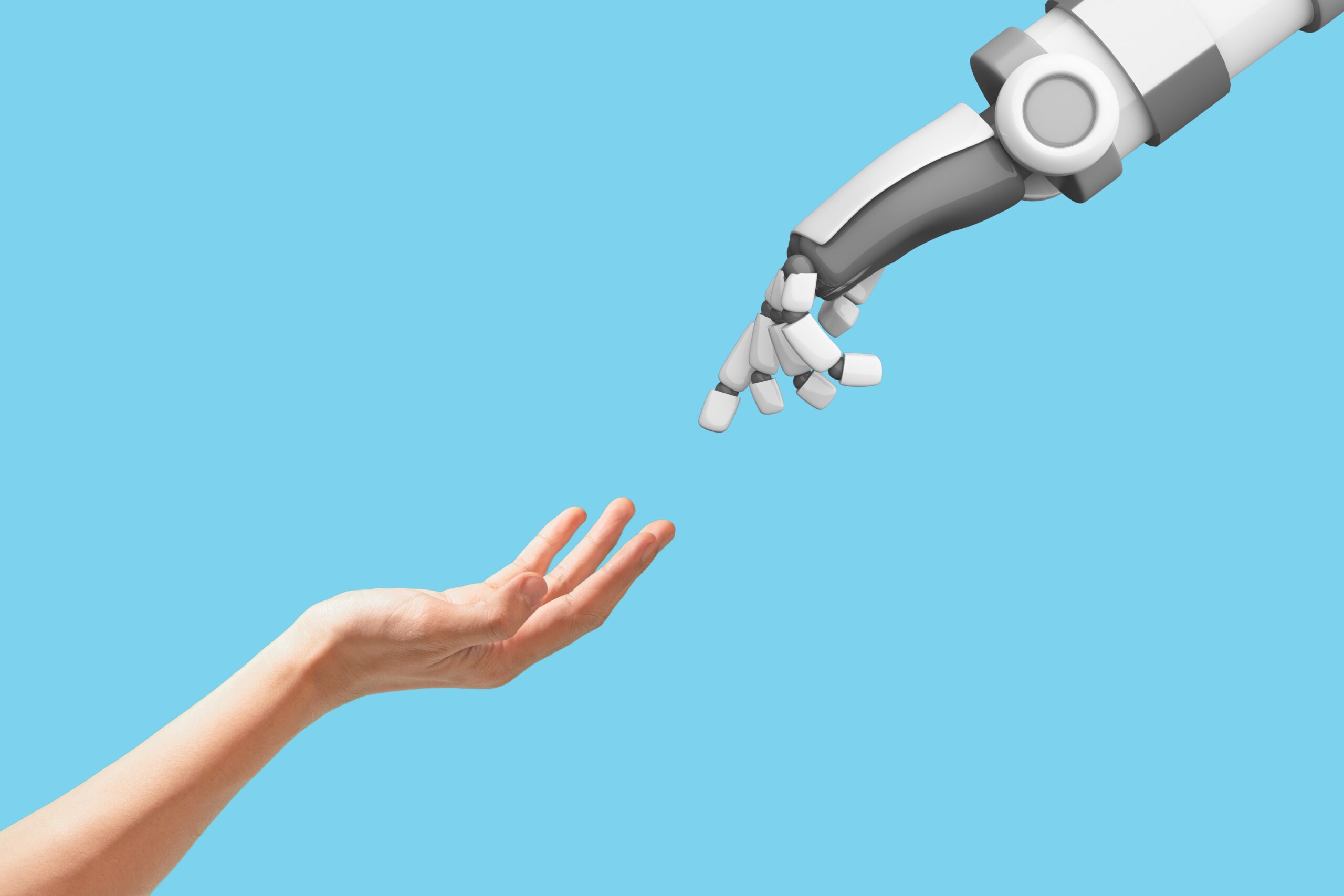
De-escalating robocops? York study imagines future of crisis response
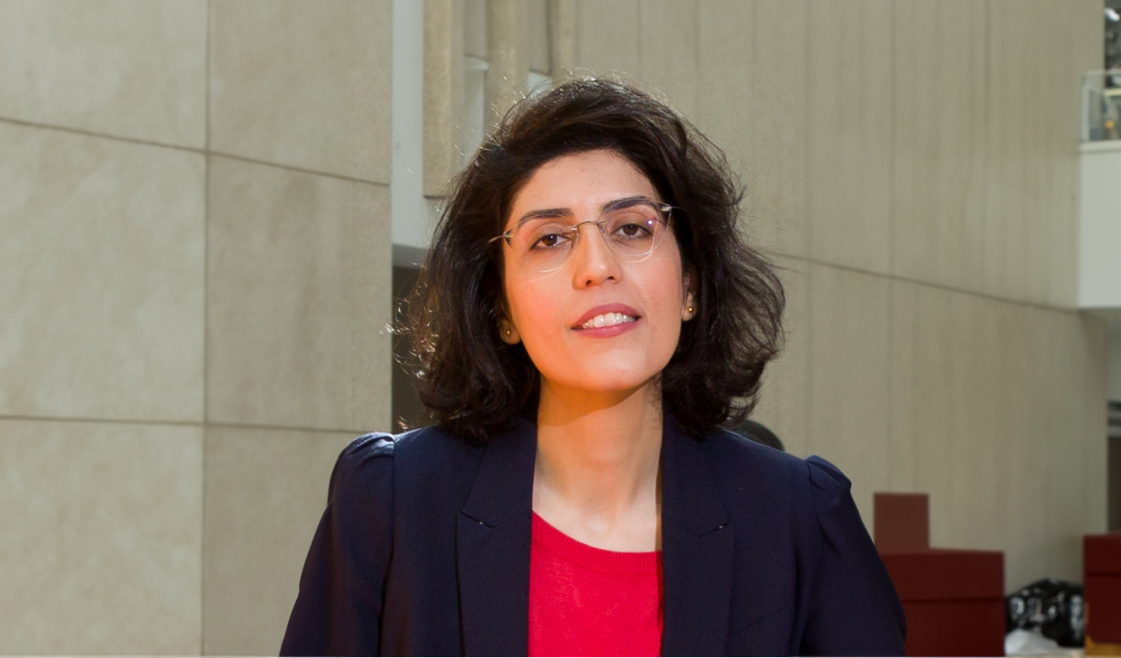
Lassonde professor is bending the laws of software engineering to improve app system function and satisfy user preferences

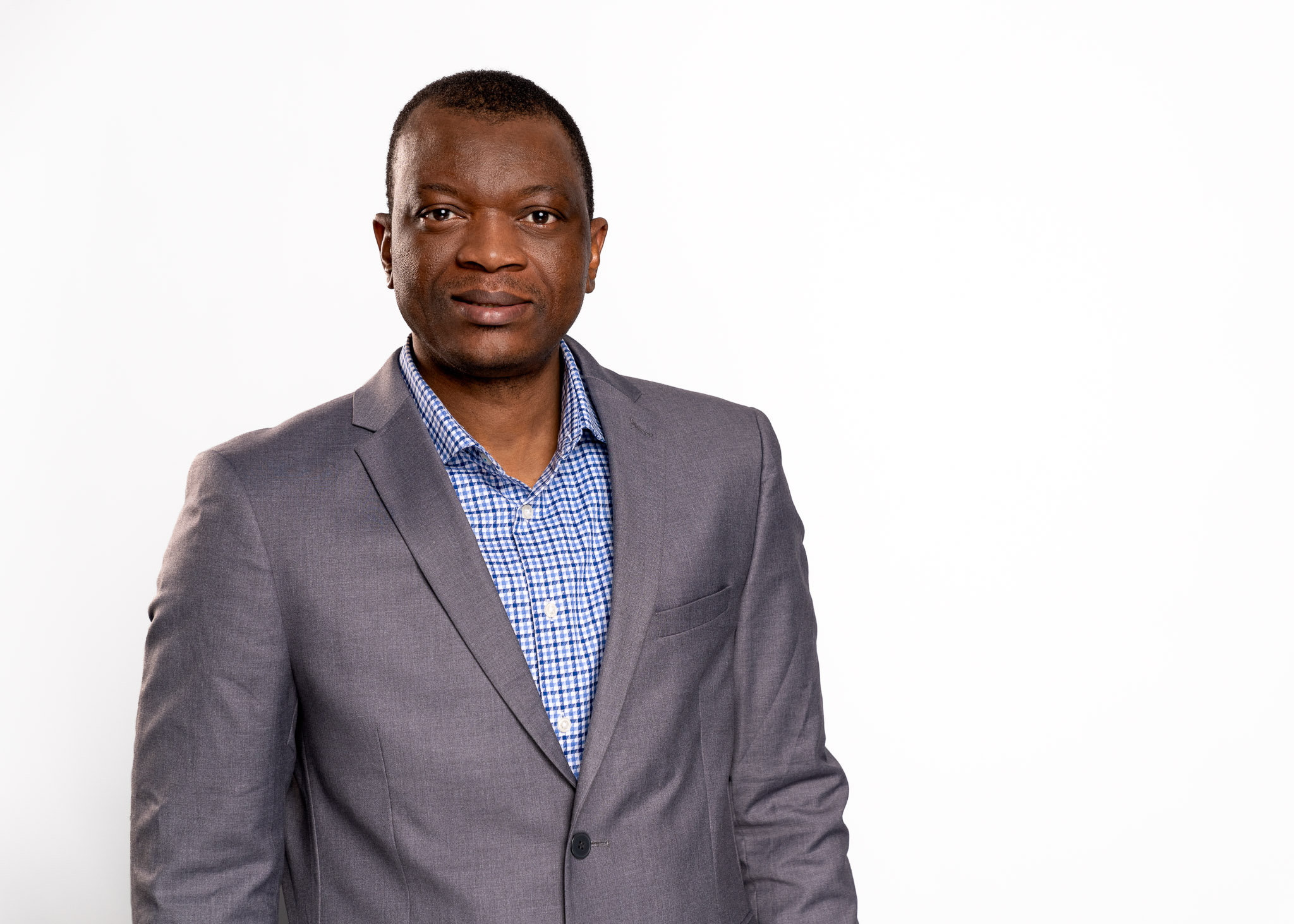
Digitalizing health: Lassonde professor is using persuasive technology and machine learning to enhance well-being of diverse populations

Lassonde-backed OSIRIS-REx space mission successfully delivers asteroid sample to Earth
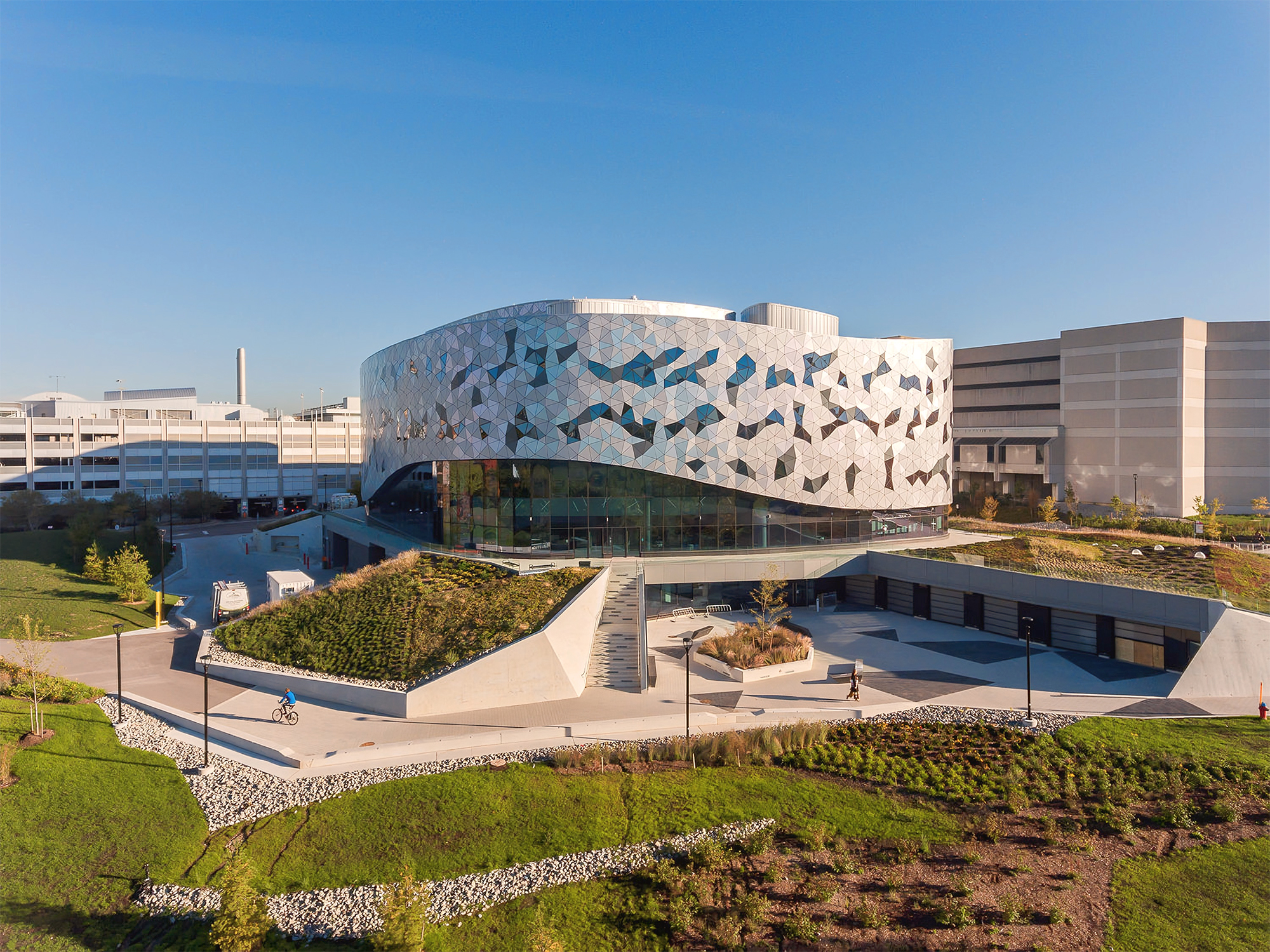
Lassonde faculty receive over 3 million dollars in funding from NSERC

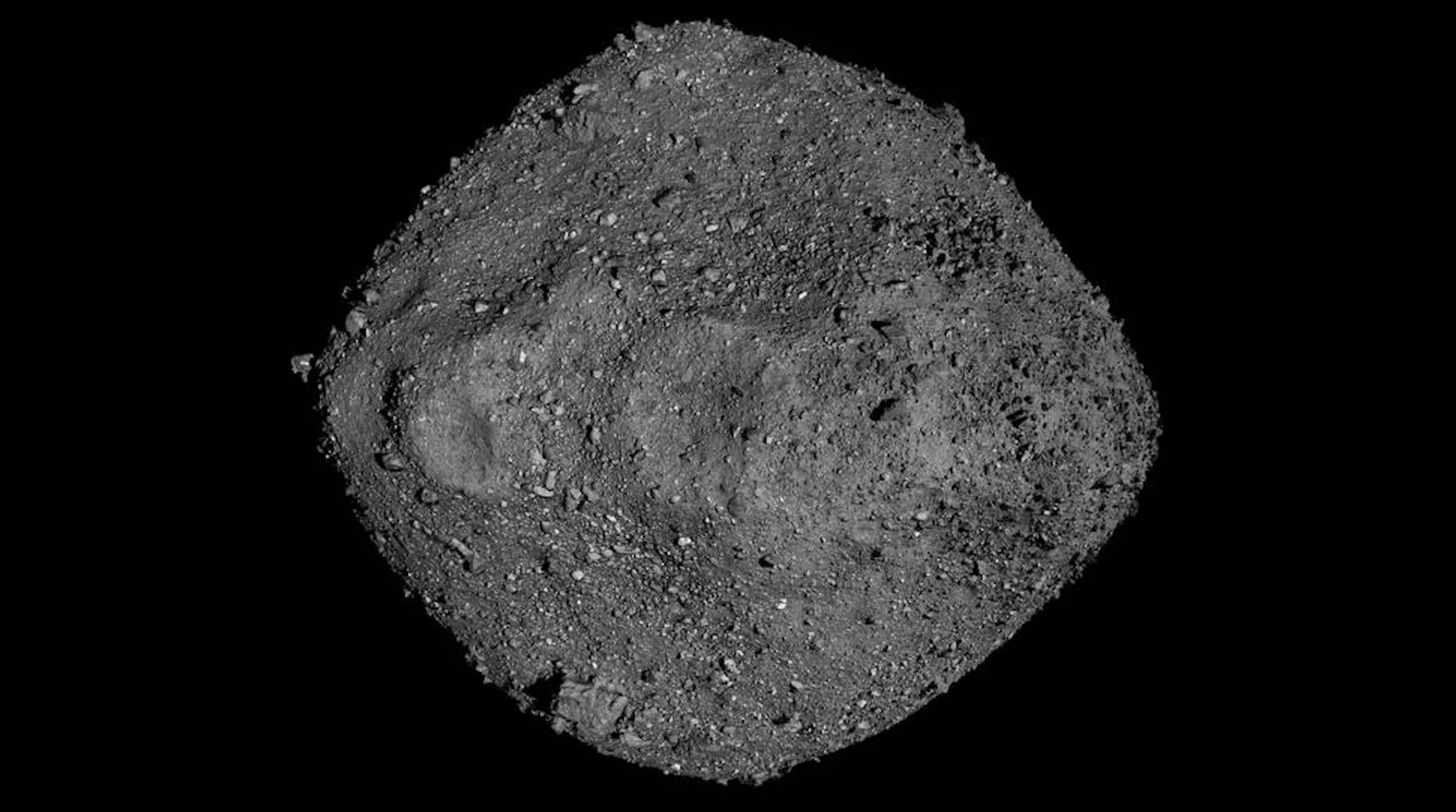
Asteroid now most surveyed in solar system, thanks to a Canadian laser instrument


Lassonde professors are bringing art to science and engineering classrooms


